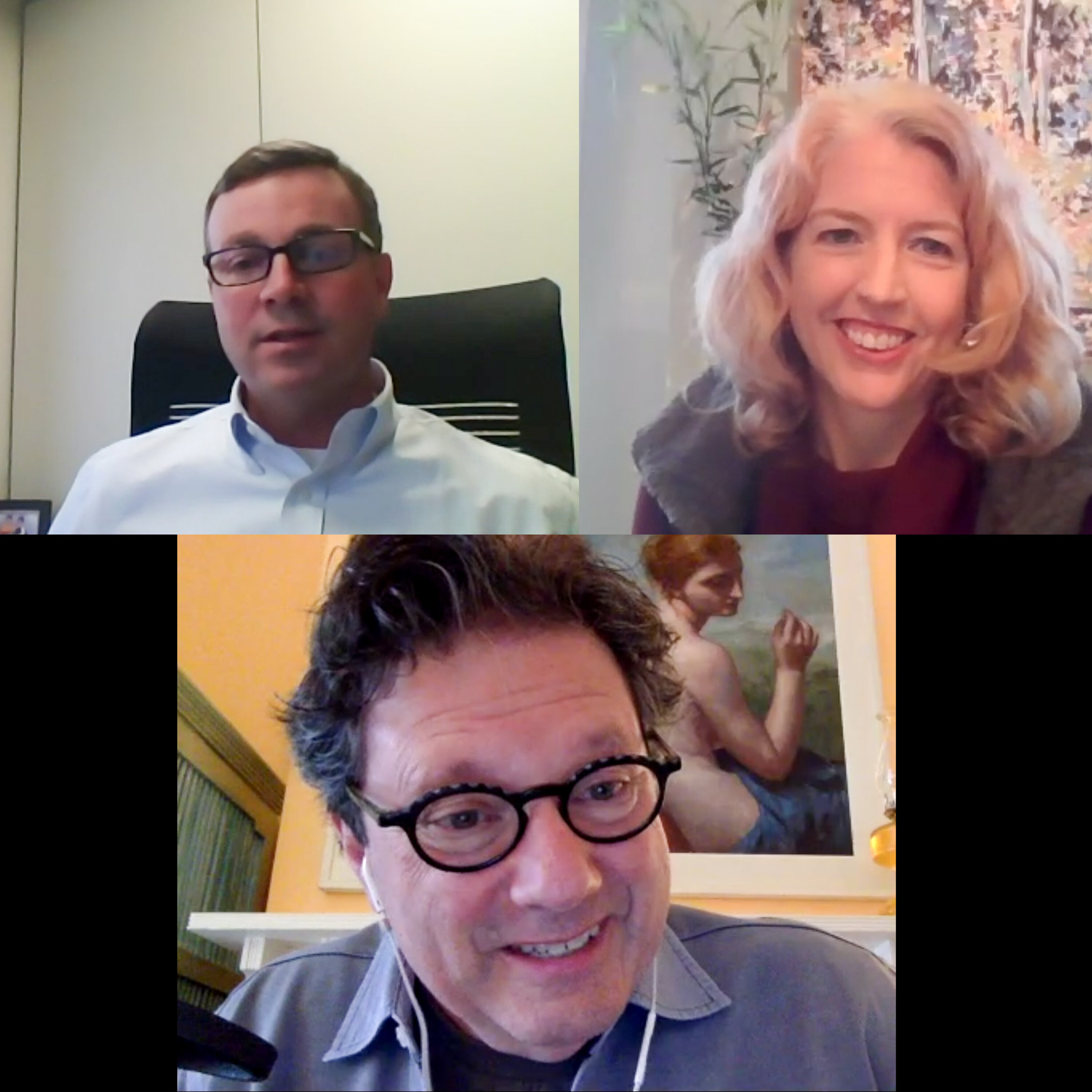Money

b'
If you’re like most people, once a month or so you take a look at your credit-card statement and your bills. If you’re paying out more each month than your income, you have trouble sleeping at night.
\\nThen you hear about people who are celebrities in our society because of the amount of money they make with their earth-shattering businesses - like Amazon, Tesla, Uber, and Spotify.
\\nAmazon lost billions of dollars a year, for years, before it became profitable. Tesla is barely profitable today. And Uber and Spotify are losing millions every month. But apparently the people who run these companies don’t have any problem sleeping at night. And shareholders and investors continue to believe in them in a way that your credit card company doesn’t believe in you.
\\nWhat’s going on here is not injustice. It’s not “One law for the rich and another for the poor.” What is going on here is all about a relationship. Our relationship to money.
\\nI’m not suggesting that you can just change your perspective about money and you’ll miraculously make more of it like Jeff Bezos. But what I am saying is, if you know where to get money, a whole new world of business and a chance to make money opens up to you.
\\nSo, where do you get money? Well, you may have heard of the infamous bank robber Willie Sutton, who explained why he robbed banks by saying, “That’s where the money is.” And he’s right.
\\nLocally, you don’t need to rob Hancock Whitney Bank to get a hold of their money. They’re primarily focused on giving it to you. You do, at some point, have to give it back, but the theory is that if they make it easy for you to access capital, you’ll make enough to pay them back and make plenty for yourself too.
\\nBecause Hancock Whitney is a sponsor of Out to Lunch, we’re taking advantage of that relationship today by having Billy Hoffman join us. Billy is Senior Vice President of Corporate Banking at Hancock Whitney.
\\nWhen you think about business investment, you probably think about cities. Cities are where the money is. That’s where you find employees. And that’s where the concentrations of customers are. But, the reality is, 97% of the landmass of the United States is rural.
\\nNow check this out. 80% of our population lives in the 3% of the country that is not rural. If you’re one of the 20% of the population who lives in the vastness of rural America, you need access to the same services and amenities as your counterparts in the city. Things like broadband. And capital to start and run a business.
\\nAnd that’s what Caitlin Cain provides as Vice President & Director of Rural America at an organization called Local Initiative Support Corporation, or LISC.
\\nLISC is one of the largest lenders in the US. They also invest money. They’re the first real estate investment fund to specialize in affordable housing. And they give money away as grants. Caitlin runs the rural division of LISC from her office in New Orleans.
\\nWe learn in this conversation that your relationship to money can determine your opportunity to take risks that, if managed correctly, will make money. Having access to capital and credit is the lifeblood of American business and our economy. Billy Hoffman and Caitlin Cain demonstrate that access is not just for the privileged few, or people with a business background. Investment capital is accessible and has a human face.
\\nSee photos from this show by Jill Lafleur at our website. Check out Caitlin\'s previous appearance on Out to Lunch alongside The Cajun Ninja.
See omnystudio.com/listener for privacy information.
'